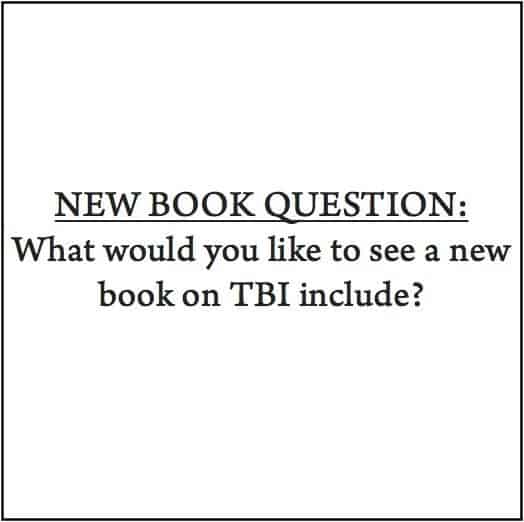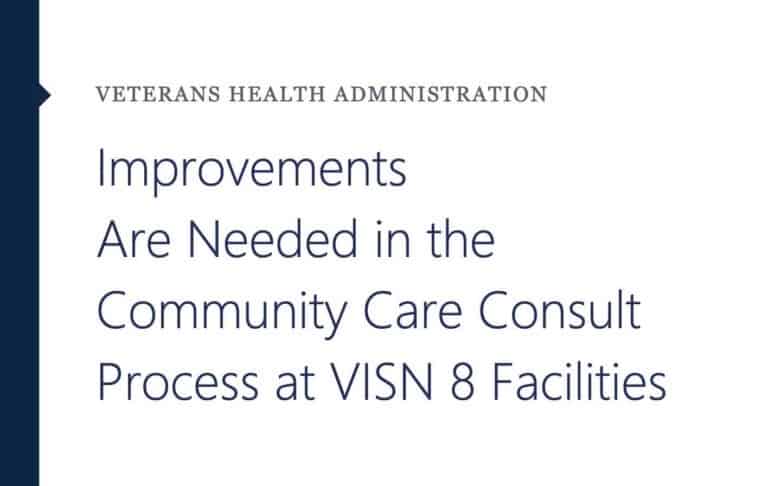New Book – Traumatic Brain Injury Revealed

Ever wonder if what VA and others are not telling you about traumatic brain injury and what it means is the real deal? I think the safe answer for a lot of us is a loud, “Yes!”
I thought Thanksgiving would be an good time to announce to readers that I am in the process of writing a text and related assistance materials with a senior neuropsychiatrist about TBI. I want you to comment below about what you would like to see in the text, should you have questions that remain unanswered.
Here is why we are writing it.
Traumatic Brain Injury is a horrible thing to recover from. I know from personal experience that the process of personal recovery can be very difficult. On the one hand, it is a condition that can totally shut a person down in a given day. One the other hand, it is a condition that does not appear to be disabling to the outside world.
Employers perceive you as merely being a pain in the ass. Spouses may think you are not trying hard enough to get along. Friends may notice you act a little “funny” when certain things happen, and merely call you moody.
But the fact is that TBI is real, and having a real understanding of the symptoms can help you navigate life and the VA bureaucracy much more easily. For better or for worse, there is a huge spotlight on the condition right now more than ever.
The current wars and recent NFL hoopla have all raised a great deal of awareness about TBI and have reinforced that the condition is real and devastating to many of us.
The problem moving forward will be in getting the rest of the country to understand its impacts and to provide reasonable accommodations in light of those impacts. After all, it is a disability.
That said, the text we’re working on will focus on some of the narrative stories as well as the science and law behind the current debate on how to treat the condition.
Let’s take VA for example. On the research side, VA is extremely advanced since they have the largest pool of victims to choose from. Yet, when VA adjudicates disability claims, they act like no one understands the condition and constantly get ratings wrong.
The real deal is that brain injury is not some long lasting mystery like Lochness Monster. Our government and others, like the Germans, have been studying it for at least one century. Reports have come out of World War I that are still relevant today.
US Military’s use of inferior protective equipment has been a problem for years and the likes of Robert McNamara have conducted copious evaluations of brain and skull injury. While at Ford, he dropped skulls down stairwells to measure the impact of hard contact on the bone. The US Army knowingly used inferior helmets to the Germans in WWII despite knowing the design would result in more head injuries. The seeming reason was that the US helmets were more sexy for TV.
But regardless of the reason, we know what is going on and have known.
What is, in my opinion, more likely the reason for our manufactured ignorance about the condition is that our science has become very advanced. So advanced, in fact, that it can detect many things well beyond what our government cares to admit.
The problem for our war machine (DoD) is that disability law has not caught up with technology. If DoD admitted that they know what they really know about disability in light of today’s laws, they would have to pay through the nose in disability payouts. It would probably also hurt recruiting.
Instead, they have opted to clog up VA’s system of disability by furthering outmoded science well beyond its prime. And that, my friends, is the purpose of the book.
The purpose of the book is to be a primer to ways that bureaucracies like DoD promulgate incorrect science to perpetuate a lie. It will be a primer to help all those impacted by TBI understand the depths of the condition and how it intersects with different parts of life.
After its release, we plan to continue to create materials for specific scenarios that will help veterans, employees, students and everyone else navigate the medical maze of TBI to get the benefits they need through the Americans with Disabilities Act.
So let me know what you think would be important to include below.





I served in an artillery firing battery in Vietnam. We served two 8 inch and two 175 mm guns with all four guns in a compact (easily defended) area of maybe 100 meters across in any direction, just to give you an idea of proximity to all four big guns. i was not on a gun crew, but I was always within no more than 30 meters from at least one gun, no matter where I was on the fire base. The guns were so loud and had such concussion that the noise would lift you from the ground when you were too close and not prepared. and, they fired pretty much around the clock much of the time. We NEVER used ear protection. Because of this I have a profound hearing loss, as does everyone I have spoken with with whom I served. I also have LOUD screaming tinnitus that drives me nuts 24/7/365 , about which the Va says there is NOTHING THAT CAN BE DONE.
My question is this, can my headaches, fatigue, shot nerves, memory loss etc e4tcetc be the result of TBI from the concussion of the guns? Rather than a mental issue connected to PTSD as the VA says? Any other artillery soldiers out there?
Ron, yes it could. The same area of the brain is affected with mTBI and PTSD. A brain scan would tell for sure but it is hard to get the VA to do one on us older vets, you could try though.
I would like to see more meaningful discussion and exploration about the connections between TBI and neurodegenerative diseases – Parkinson’s, ALS, etc.
It’s pretty known science. Go find it yourself, It’s called research you DC troll.